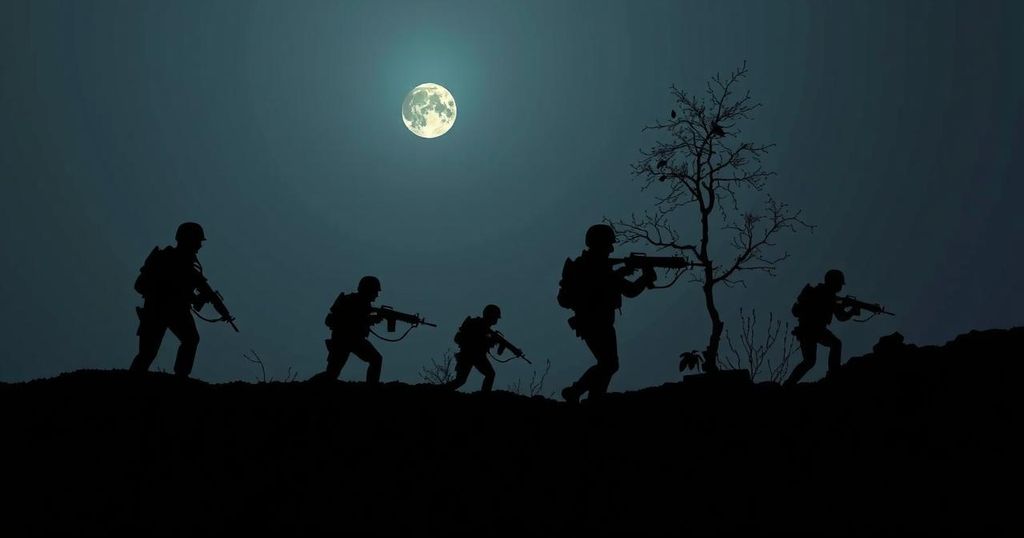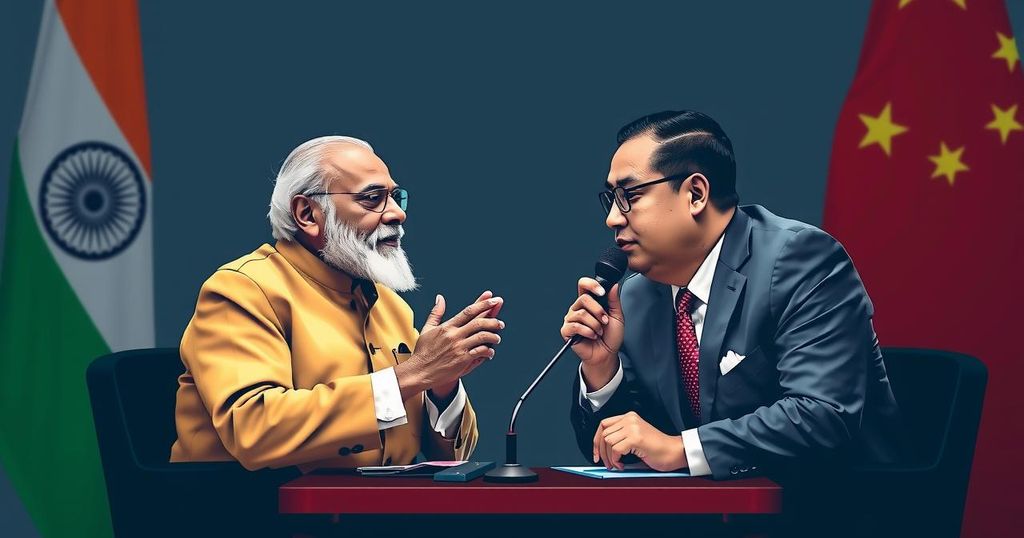China and India Announce Troop Disengagement Efforts Amid Ongoing Border Talks
Summary
China’s Foreign Ministry announced troop disengagement at four locations in eastern Ladakh, including Galwan Valley, following Indian External Affairs Minister S. Jaishankar’s remark that 75% of disengagement issues are resolved. The two nations agreed to work towards improving bilateral relations during a recent meeting in Russia. While some progress has been made, full normalization remains contingent upon peace along the border.
On September 15, 2023, China announced the disengagement of troops at four locations in eastern Ladakh, including the strategically significant Galwan Valley. This statement accompanied remarks made by Indian External Affairs Minister S. Jaishankar, who indicated that approximately 75% of the disengagement issues regarding border concerns with China have been resolved. Mao Ning, the spokesperson for the Chinese Foreign Ministry, stated that during a recent meeting in St. Petersburg between India’s National Security Adviser Ajit Doval and Chinese Foreign Minister Wang Yi, both sides agreed to enhance mutual understanding and create conducive conditions for improving bilateral relations. Mao emphasized that the military standoff has seen significant progress, noting, “In recent years, front-line armies of the two countries have realized disengagement in four areas in the Western sector of the China-India border, including the Galwan Valley.” Furthermore, she asserted that the current border situation between China and India is stable and under control. Minister Jaishankar, during an interactive session in Geneva, commented on the historical context of the bilateral relationship, highlighting that the violent incidents at the border directly impact the overall ties between the nations. He stated, “I would say roughly you can say about 75 per cent of the disengagement problems are sorted out, but we still have some things to do.” The recent discussions were facilitated on the sidelines of a BRICS national security advisors’ conclave, where both parties reaffirmed their commitment to addressing the remaining friction points in eastern Ladakh with urgency and diligence. The Ministry of External Affairs in India subsequently reiterated that peace along the border is a prerequisite for any normalization of relations with China. The ongoing military and diplomatic engagements have led to earlier troop withdrawals from other contentious areas, but unresolved issues along the Line of Actual Control persist. India and China have faced strains in their relationship following confrontations at the Line of Actual Control (LAC) since April 2020. More than 21 rounds of high-level military discussions have occurred, yet a comprehensive resolution remains elusive. It is evident from the latest developments that both nations are taking steps towards achieving a semblance of stability and equilibrium.
The Indo-Chinese relationship has been fraught with tensions, particularly due to border disputes that have led to military standoffs and violent confrontations. The Galwan Valley clash in June 2020 marked a significant deterioration in relations, prompting both nations to engage in a series of diplomatic and military dialogues in an effort to resolve outstanding issues. The recent statements from both sides indicate a cautious optimism regarding the progress made in disengagement talks. However, India maintains a firm stance that normalization of relations is contingent upon enduring peace along the border, thus making the negotiations imperative for both nations moving forward.
In summary, the recent statements by Chinese officials regarding troop disengagement at key points along the India-China border, including Galwan Valley, come in the wake of Indian officials indicating significant progress in de-escalation efforts. The ongoing dialogue illustrates both nations’ recognition of the need to resolve issues that have long plagued their relations. While there have been positive developments, the path to full normalization remains dependent on continued dialogue and resolution of remaining concerns, underscoring the complexities of the bilateral relationship.
Original Source: www.hindustantimes.com








Post Comment